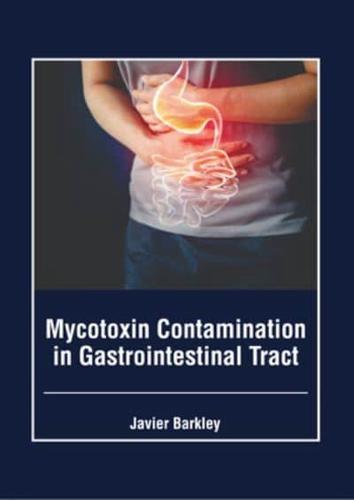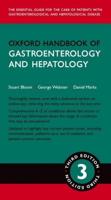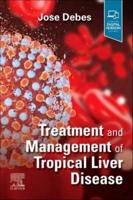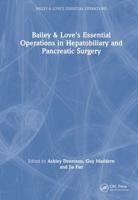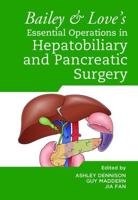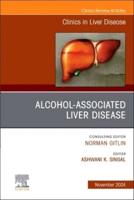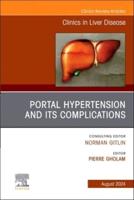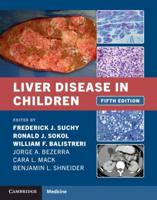Publisher's Synopsis
Mycotoxins are toxic compounds that are produced naturally by certain types of molds such as fungi. These molds can grow on numerous foodstuffs such as cereals, nuts, spices, dried fruits, apples and coffee beans, often under warm and humid conditions. These toxins can cause adverse health effects that can range from acute poisoning to long-term effects such as immune deficiency and cancer. There are various types of mycotoxins such as Aflatoxins, Ochratoxin A, Patulin, and Fusarium fungi. Some negative effects of mycotoxins on intestinal health are decreased intestinal cell viability, reductions in short chain fatty acid (SCFA) concentrations, and elimination of beneficial bacteria. It also leads to an increased expression of genes involved in promoting inflammation and counteracting oxidative stress. The health risks of mycotoxins can be reduced by taking effective measures such as proper storage, inspection of whole grains, avoidance of foods kept for extended periods of time before being used, and consuming a balanced diet. This book traces the effects of mycotoxins on the gastrointestinal tract. Those with an interest in these toxic compounds would find it helpful.
